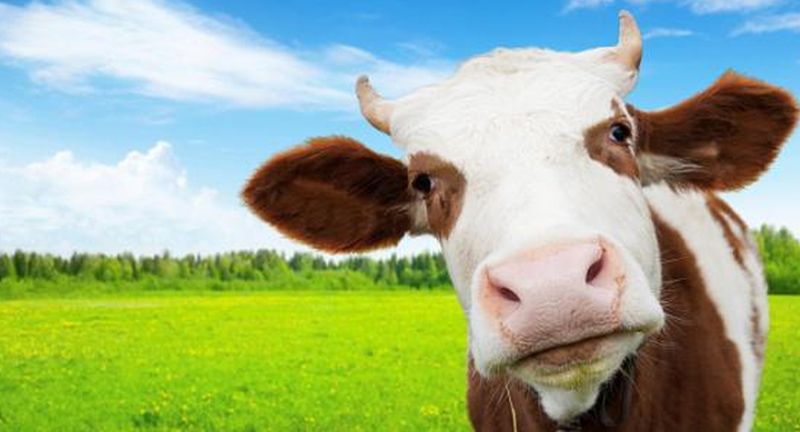farm,
workers
Ukrainian farm labour could replace EU workers post-Brexit

Migrant labour from the Ukraine could plug the shortage of European Union workers needed on British farms post-Brexit, Defra Secretary Michael Gove has suggested. Speaking in front of MSPs at Holyrood, Mr Gove made the suggestion that the farming industry could «think about looking further afield» when recruiting labour.
The farming industry employs a huge number of migrant workers from the European Union, and fears the loss of freedom of movement post-Brexit will bring a «catastrophic failure» for the industry. SNP MSP Gail Ross raised the concern with the Defra Secretary, telling him Scottish businesses in «soft fruit, salmon farming and fish processing sectors are particularly dependent on migrant workers».She told him: «Some of these sectors have already seen a fall in people wanting to come and work here from the European Union.»
Mr Gove argued that migrant patterns constantly change. He said: «Over time the course of labour from different parts of the European Union in our agricultural and food production sectors has changed, a wee while ago it tended to be people from Poland and the Baltic states, now increasingly it is people from Romania and Bulgaria.»
And that reflects the relative stage of economic development of those countries. He then told the Holyrood session that the government may be looking «further afield» to countries like the Ukraine.
«We will need to think in the future how workers from the [sic] Ukraine or other countries who want to come here can do so in an appropriate fashion,» he said.
Mr Gove isn't the first person to touch upon the idea of encouraging migrant labour from Ukraine. Last year, Tim Chambers, who runs fruit and vegetable farm W.B.Chambers&Son in Kent and voted for Brexit, argued that farmers could attract labour from outside of the EU, from countries such as Ukraine and Belarus.
He said: «The workforce can come from outside of Europe. The rest of Europe has a labour shortage. Other countries in Europe are already solving that by bringing in workers from Ukraine and Belarussian.»
